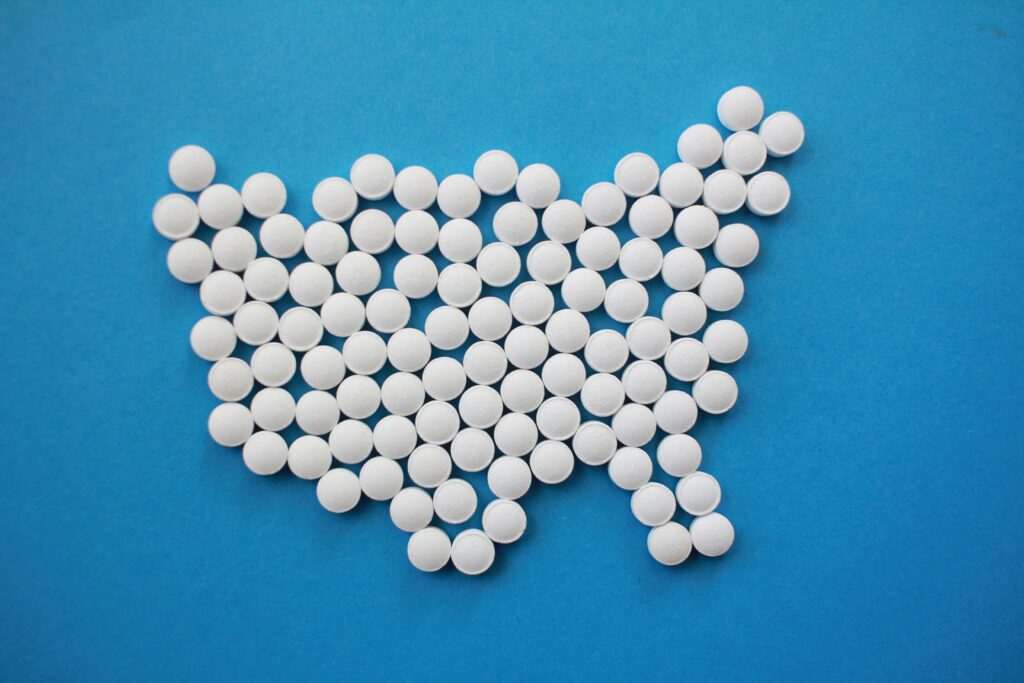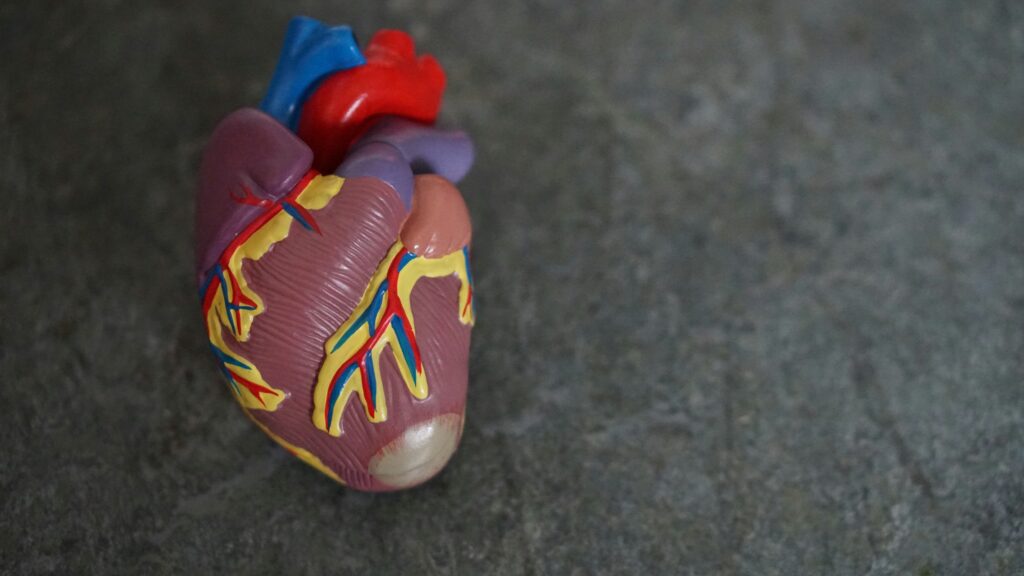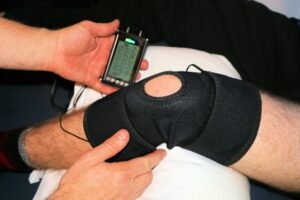Baby aspirin is a common medicine that many people take every day. For years, doctors recommended it to help protect the heart. However, experts are now rethinking its use. Should you take baby aspirin to protect your heart? Or could it cause harm?
This article explains what baby aspirin does, who should take it, who shouldn’t, and what the latest science says. It also includes safer options for protecting your heart.
What Is Baby Aspirin?
Baby aspirin is a low-dose form of aspirin. Each tablet usually contains 81 milligrams of aspirin. It’s called “baby” aspirin because the dose is much smaller than a regular aspirin, which is typically 325 mg.
Even though it’s called baby aspirin, it’s not for babies. Children should not take aspirin unless a doctor says it’s safe. Aspirin use in children has been linked to a serious condition called Reye’s syndrome.

How Does Aspirin Work?
Aspirin is a type of medicine called a blood thinner. It stops blood from clotting too much. Clots can block blood flow to the heart or brain. That’s how heart attacks and strokes happen.
By preventing clots, baby aspirin helps reduce the chance of a heart attack or stroke in some people.
Learn more about how aspirin works from the Mayo Clinic.
Who Used to Be Told to Take It?
For many years, doctors told older adults—especially those over 50—to take baby aspirin daily to prevent heart problems.
People thought it was an easy and cheap way to stay safe. Millions followed this advice.
However recent research shows that daily aspirin may not help everyone. In some cases, it might even be harmful.
New Research: What’s Changed?
New studies found that the risks of daily aspirin use can outweigh the benefits for many people.
Here’s why:
- Aspirin thins the blood too much in some people.
- It can cause serious bleeding in the stomach or brain.
- For healthy people with no history of heart disease, the benefit is often small.
That’s why experts now say: Don’t start daily aspirin without talking to a doctor.
The American Heart Association updated its guidelines in 2022. You can read their updated advice here.
Who Should Still Take Baby Aspirin?
There are some people who can benefit from daily baby aspirin. These include:
- People who have already had a heart attack or stroke.
- People who had angioplasty or heart bypass surgery.
- People with high risk of heart disease and a doctor’s recommendation.
For these people, aspirin can help prevent another heart attack or stroke.
Who Should NOT Take Baby Aspirin?
Avoid daily aspirin if:
- You’ve never had heart problems.
- You’re over 60 and don’t have a high risk of heart disease.
- You have a history of stomach ulcers or bleeding.
- You take other blood thinners.
- You have low blood pressure and bleeding disorders.
Always talk to your doctor before starting or stopping aspirin.
What Are the Side Effects?
While baby aspirin can be helpful, it has side effects, especially if taken daily.
Common Side Effects:
- Upset stomach
- Nausea
- Heartburn
Serious Side Effects:
- Stomach bleeding
- Bleeding in the brain
- Easy bruising
- Allergic reactions
Call your doctor if you notice black stools, vomiting blood, or unusual bruising.
How to Know If It’s Right for You
The best way to know if you need baby aspirin is to ask your doctor. They will look at your:
- Age
- Family history
- Blood pressure
- Cholesterol
- Smoking status
- Diabetes
They may use a heart disease risk calculator to estimate your 10-year risk of having a heart event.
One such calculator is available at the American College of Cardiology website.
Safer Ways to Protect Your Heart

If you’re healthy and haven’t had a heart attack or stroke, the best way to protect your heart doesn’t involve aspirin.
Here are proven ways to reduce heart disease risk:
1. Eat a Heart-Healthy Diet
- More fruits, vegetables, and whole grains
- Less red meat, salt, sugar, and processed foods
- Include healthy fats like olive oil and nuts
See more at the American Heart Association’s Diet Tips.
2. Exercise Regularly
- Aim for at least 150 minutes of moderate activity per week
- Walking, cycling, swimming, or dancing
- Physical activity strengthens your heart and lowers blood pressure
3. Quit Smoking
Smoking damages blood vessels and raises heart attack risk. Quitting helps your heart almost immediately.
Get support at Smokefree.gov.
4. Control Blood Pressure and Cholesterol
High blood pressure and cholesterol are major heart risks. Get regular check-ups and follow your doctor’s advice.
5. Manage Stress
Chronic stress increases heart disease risk. Practice meditation, breathing exercises, or hobbies you enjoy.
6. Get Enough Sleep
Adults need 7–9 hours of quality sleep each night. Poor sleep can raise blood pressure and inflammation.
What About Other Supplements?
Some people use natural supplements instead of aspirin. Common options include:
- Fish oil (omega-3 fatty acids)
- Garlic
- Turmeric
But these can also thin the blood. Do not combine them with aspirin unless your doctor says it’s safe.
Learn more from the National Center for Complementary and Integrative Health.
Aspirin Isn’t for Everyone
It’s easy to buy baby aspirin without a prescription. But that doesn’t mean it’s safe for all.
Just because it’s sold over the counter doesn’t make it risk-free. Like any drug, it can have serious effects, especially if used without a medical reason.
What If You’re Already Taking Baby Aspirin?
If you’re already taking aspirin every day:
- Don’t stop suddenly unless your doctor tells you.
- Ask your doctor if it’s still right for you.
- Some people need to stay on it; others may be able to stop safely.
Stopping aspirin without guidance can be dangerous for those with heart disease.
Final Thoughts
For decades, baby aspirin was seen as a simple way to prevent heart problems. But modern science has shown us that it’s not right for everyone. Daily use can lead to serious bleeding, especially in older adults or those without heart issues.
If you’re wondering whether you should take baby aspirin, talk to your doctor. Never start or stop without medical advice.
There are many safe, proven ways to protect your heart. Focus on a healthy lifestyle, and use medication only when truly needed.






